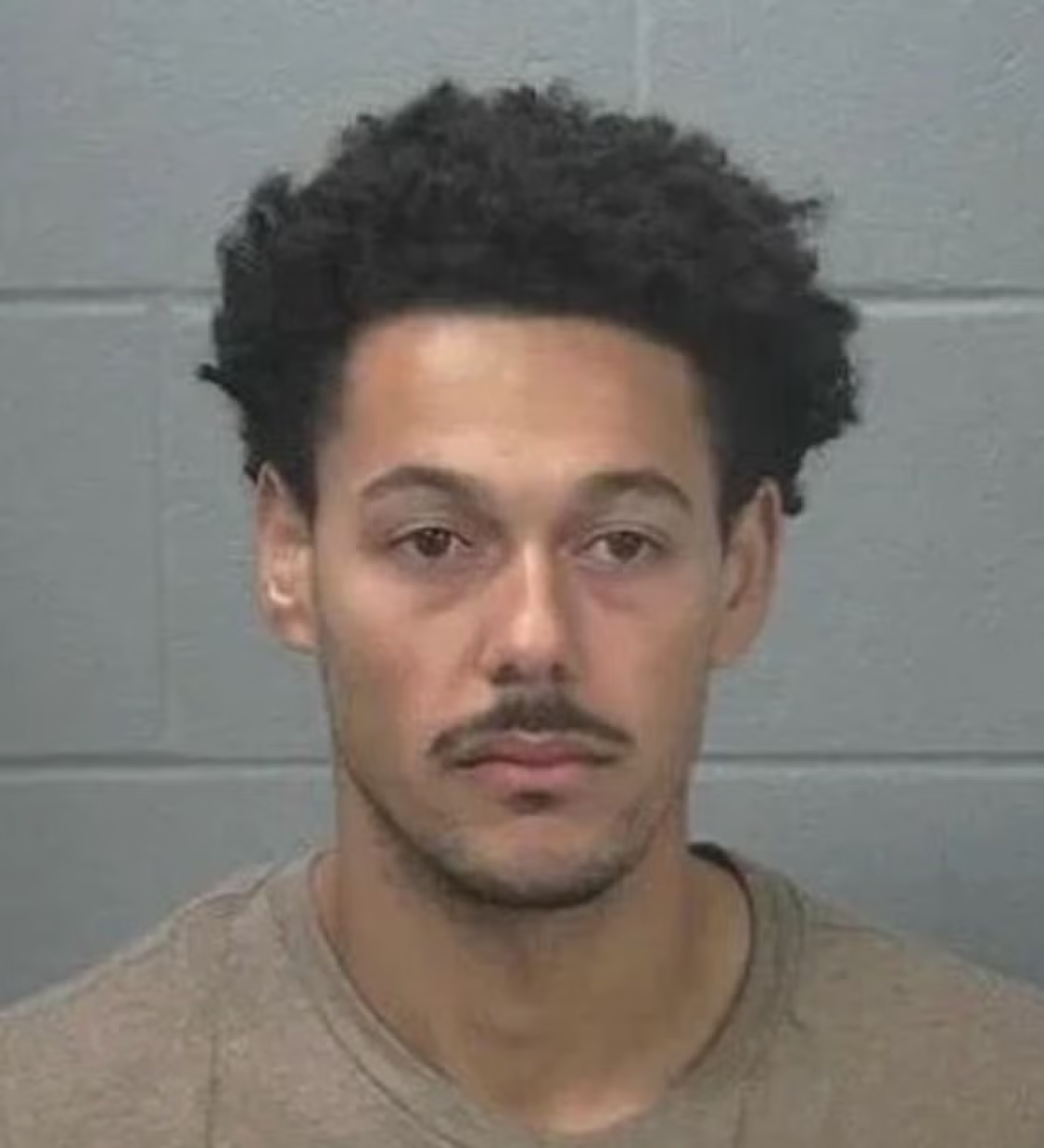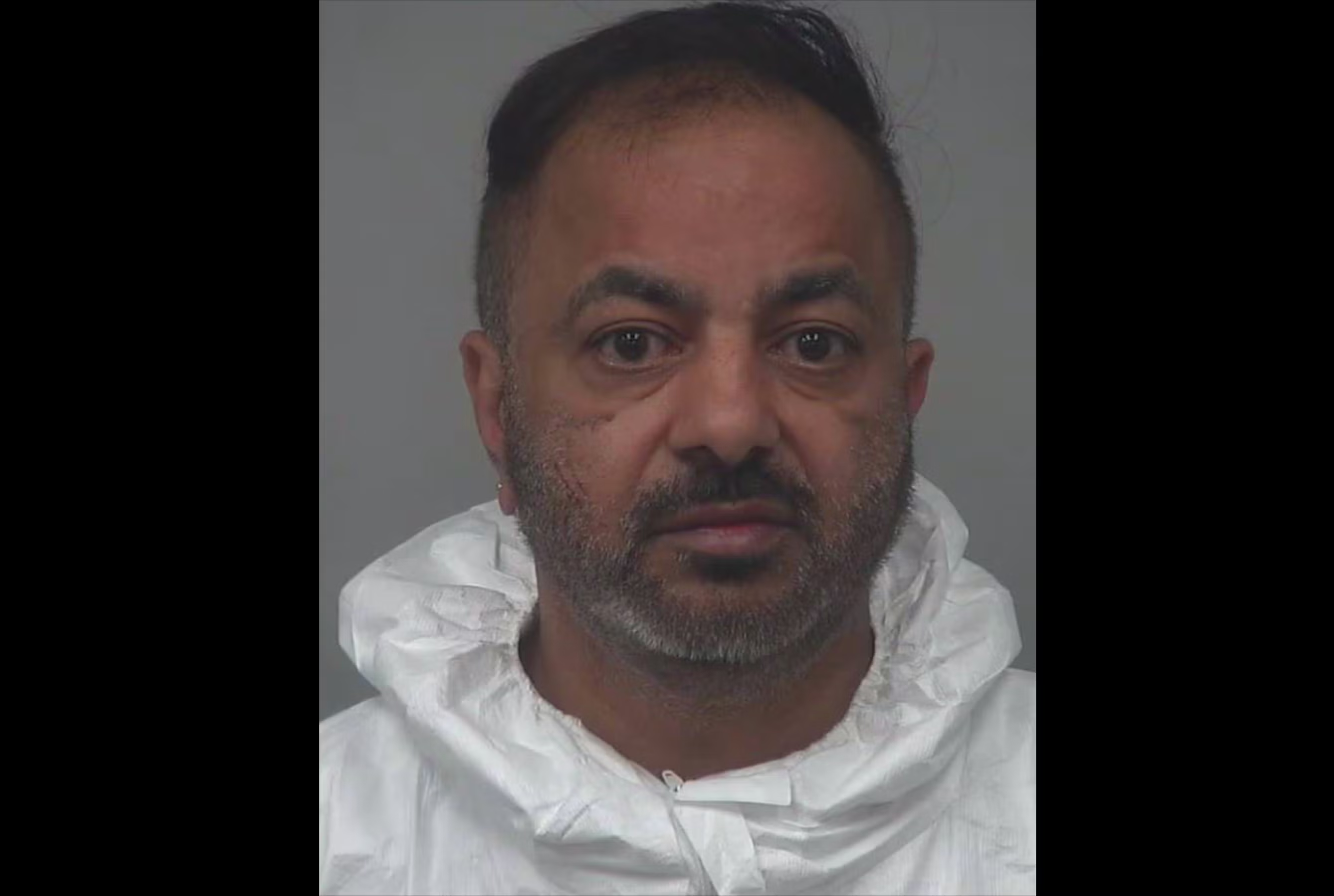Monday morning, the serene streets of Richland County, South Carolina, were shattered by the sound of gunfire. What began as a routine call to the 300 block of Ovanta Road spiraled into a deadly confrontation, leaving a community grappling with loss and a sheriff’s department navigating the weight of a life taken. The man at the center of this tragedy was 42-year-old Antonio D. Toney, a Columbia resident whose final moments unfolded in a tense standoff with law enforcement. This is the story of that fateful day, pieced together from the latest details, painting a vivid picture of a moment where split-second decisions changed lives forever.
It was just after 10 a.m. on August 25, 2025, when the Richland County Sheriff’s Department received a chilling report: shots fired at construction workers toiling outside a home on Ovanta Road. The alleged shooter, identified by Coroner Nadia Rutherford as Antonio D. Toney, had reportedly unleashed a barrage of bullets before retreating into the safety of his residence. The workers, shaken but unharmed, alerted authorities, setting the stage for a response that would test the resolve of the deputies dispatched to the scene.


Sheriff Leon Lott, a seasoned leader known for his commitment to transparency, later recounted the deputies’ arrival with a mission to de-escalate. Among them were Corporal Shawn Sullivan, Deputy Mason Boney, and Deputy Chris Miller, each prepared to face the unpredictable. The situation was volatile—reports painted Toney as armed and agitated, a man cornered in his own home. The deputies, aware of the danger, positioned themselves strategically, opting to communicate through a window in hopes of calming the storm within.
What unfolded next was a desperate attempt to bridge the gap between conflict and resolution. The deputies called out to Toney, their voices carrying a plea for peace, urging him to lay down his weapon and step into the light of reason. For a moment, it seemed possible that words might prevail over violence. But the air grew heavy with tension as Toney, standing firm in his defiance, raised his firearm. His actions were not just a gesture but a direct threat, his weapon pointed at the very deputies who sought to spare him. Sheriff Lott would later describe the moment with somber clarity: Toney’s threats left no room for hesitation.
In that heart-stopping instant, Corporal Shawn Sullivan made a choice no officer ever wants to face. A single shot rang out, piercing the morning quiet. The bullet struck Toney, and despite the deputies’ immediate efforts to render aid—rushing him to a nearby hospital with the urgency of those who know every second counts—Antonio D. Toney succumbed to his injuries. The coroner’s confirmation of his identity and death marked the end of a life and the beginning of a community’s search for answers.
The aftermath was as sobering as the event itself. Sheriff Lott stood before the public, his voice steady but heavy with the weight of the incident. He spoke of the department’s commitment to transparency, vowing that every detail would be scrutinized. The case, now under the microscope of the solicitor’s office, awaits a determination on whether Sullivan’s use of force was justified—a question that hinges on the fine line between self-defense and tragedy. Evidence is being meticulously gathered, witness statements collected, and the events of that morning replayed in the minds of all involved.
For the deputies at the heart of the incident—Sullivan, Boney, and Miller—the road ahead is one of reflection and recovery. Following protocol, they’ve been placed in counseling, a necessary step to process the emotional toll of a critical incident that forever alters those who live through it. The Richland County Sheriff’s Department, the largest law enforcement agency in South Carolina, prides itself on its 200-year tradition of service, yet moments like these test even the most seasoned officers.
As the investigation unfolds, the community of Richland County mourns. Antonio D. Toney’s life, like any, was complex—a story of 42 years now reduced to a single, tragic chapter. Neighbors and residents, shaken by the violence on Ovanta Road, are left to wonder how a morning that began with the hum of construction could end in silence and loss. The sheriff’s department, too, carries the weight of that question, balancing their duty to protect with the human cost of their actions.
The story of Ovanta Road is not just one of conflict but of the fragile line between peace and chaos, between a call for help and a final farewell. As investigators piece together the truth, and as a community holds its breath for answers, one thing remains clear: in Richland County, the echoes of that single shot will linger, a reminder of the cost of a moment when words were not enough.



